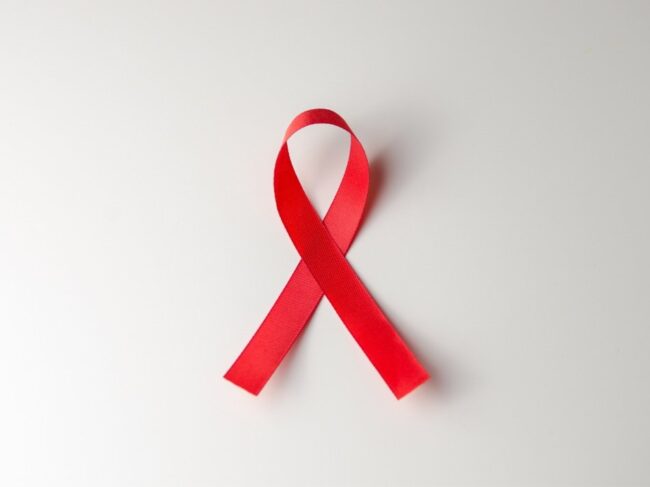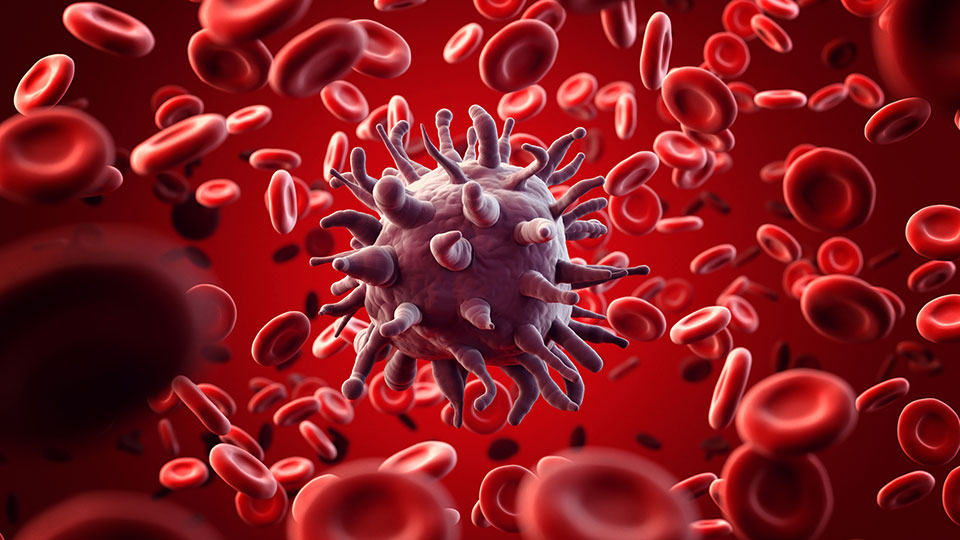The Penn Center for AIDS Research (Penn CFAR) is one of 19 NIH-funded CFARs and includes HIV and AIDS investigators at the University of Pennsylvania, the Children’s Hospital of Philadelphia (CHOP), and the Wistar Institute.
Our mission is to support and advance research in all areas of HIV/AIDS on the Penn/CHOP/Wistar campus and in the Philadelphia region by:
- catalyzing innovative collaborative AIDS research through working groups, outreach, partnerships on campus, regionally, and internationally
- providing education through seminars, courses, and workshops
- developing new HIV/AIDS investigators and research programs through pilot funding, mentorship, and partnership programs
- providing cutting-edge research support through innovative shared resource cores that offer unique services, materials, technical education and assistance, and collaborative support
- providing strategic planning on campus with campus, regional, and national HIV/AIDS research leadership
Penn CFAR Cores include the Clinical Core, Virus & Reservoirs Technology Core, Molecular & Translational Immunotechnology Core, Biostatistics & Data Science Core, Community Research & Engagement Core, Implementation Science Core, and International Core.












